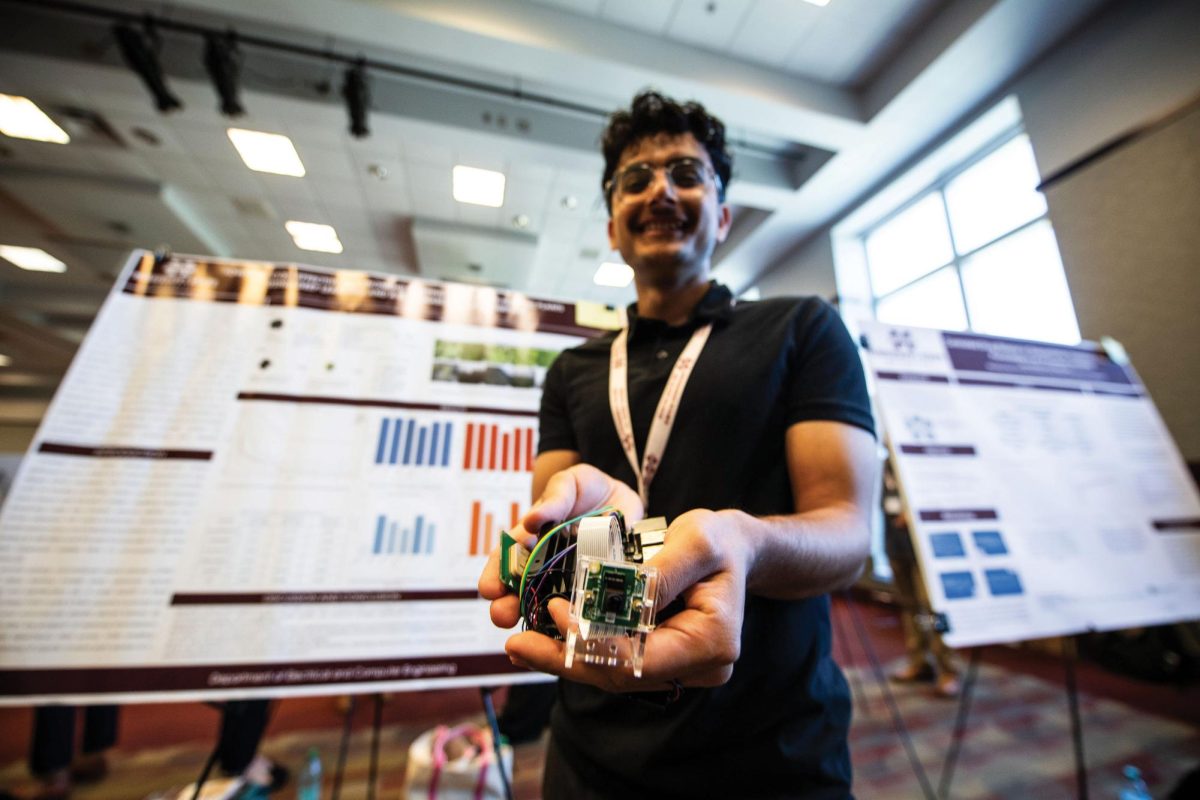While Mississippi has traditionally claimed a bottom-rung spot in nationwide education rankings, recent reports have indicated massive improvement in the Magnolia state’s public education.
A WJTV article titled, “Mississippi leads nation in K-12 progress, college persistence in the South” details the ways Mississippi as a state has successfully adapted to the educational needs of students in the state. According to the Southern Regional Education Board (SREB) 2020 report, Mississippi leads the nation in K-12 growth and college persistence amongst southern states.
“The 2020 SREB report shows how Mississippi’s research-based education policies are improving student achievement from pre-K through college,” Carey Wright, state superintendent of education, said to WJTV. “I am incredibly proud of all the hardworking students, educators and school leaders who have made Mississippi a national leader for advancing public education.”
An article for WLOX titled, “Mississippi ranks #2 for the most improved education, report finds” references the latest Quality Counts report. The report, published in Education Week, ranks the state of Mississippi second for its educational improvement, putting the state only 2.3 points away from the national average.
Wright also spoke with WLOX, praising Mississippi’s teachers and educational administrators.
“This is outstanding national recognition for our teachers and leaders in the state. We have challenged students to meet higher standards of learning, and they are succeeding. This is validation that over time, we can change the trajectory of public education in Mississippi and raise expectations for what our students can do,” Wright said.
Kelli Adams is teaching her first year at Starkville High School as a tenth-twelfth grade social education inclusion teacher. Adams has seen a few things which she thinks have contributed to the rise in the education system.
“I think that it is our teachers being more well-versed in our curriculums and materials,” Adams said. “They are able to transform what students have to know on the tests into engaging lessons that the students actually relate to in the real world.”
Erin Grant-Butler, instructor and exercise science internship coordinator for Mississippi State University, has been involved in education for over 20 years. Grant-Butler has witnessed the growth of Mississippi’s education system first-hand.
“We have gone through a transition through the years with the education process,” Grant-Butler said. “We have been pushing for standardized testing, and what the government is wanting to see is increased numbers. When we are teaching them now, we are teaching how to take tests. Not only trying to get the information to them, but we are teaching them how to look at questions and choose the best answer. Students can kind of analyze things a little better. I do believe, with the test scores, there have been some that have been taken away from the content, so students might not get the information over and over where it really sticks with them. I do see that with the transition through the years.”
With that being said, the SREB report for Mississippi also shows Mississippi is the only state in the region in which the first-year persistence rate of first-time, full-time students at public, four-year colleges and universities increased from 2012 to 2017. This indicates more first-time, full-time college students returned to college for a second year.
Even though Mississippi education has continued to improve, COVID-19 is affecting more than just the physical health of Mississippians. It has also greatly impacted the way students learn.
Natalie Whitehead is a senior at MSU majoring in human development and family science with a concentration in child life. Whitehead has not only noticed an effect on her schooling but those around her as well.
“I see a lot of schools went to being online which I think is detrimental to a child’s development, not only social but academic too,” Whitehead said. “My little sister was lucky enough that her school went back to being in person, but that has its negative effects. I feel like children now are not getting a proper education, and it will show in the years to come.”
Even as outside forces, such as COVID-19, continue to tamper with the education system, students, educators and school leaders are not giving up. Grant-Butler suggested the idea that it is not just students, educators and school leaders who make up the education system, it is everyone.
“The field of education is so important. I don’t think that it is valued like it should be, especially at high levels,” Grant-Butler said. “We are doing our best to give you all everything you need in order to help you get to your career. Always remember when you get out into your field, think about those teachers, and how they made an impact on you. Think about the whole system, if you are going into any field. Think about how you can improve and give back, so our field of education can continue to grow. It is not that we just want to put people out into the world; we want to be able to learn because we need feedback. We need help in other ways as well. Everyone will make the whole system better.”







